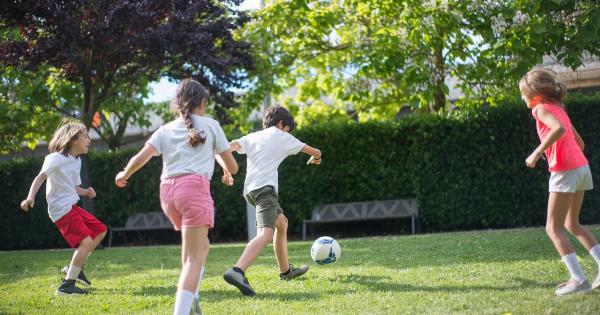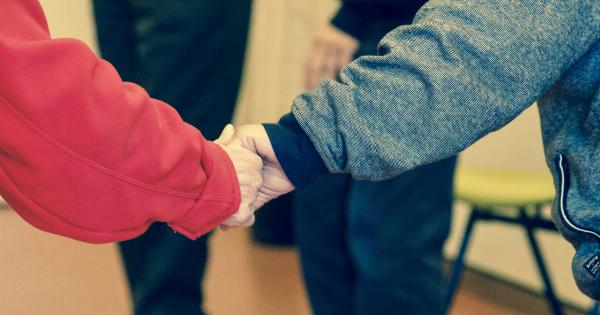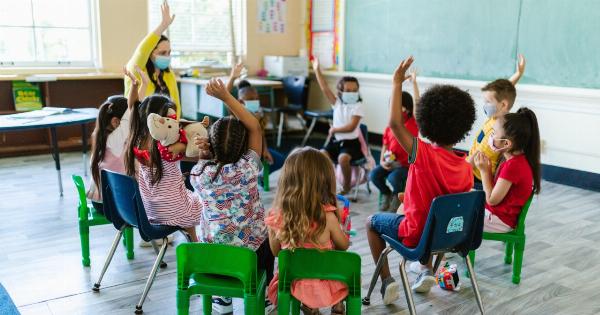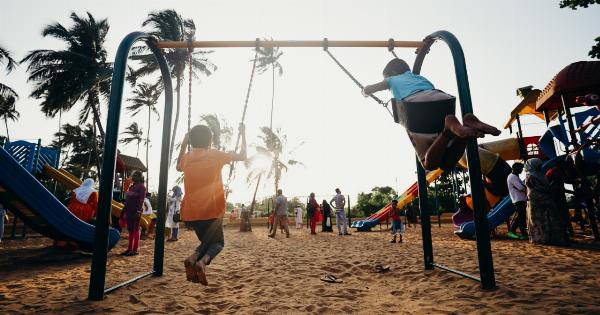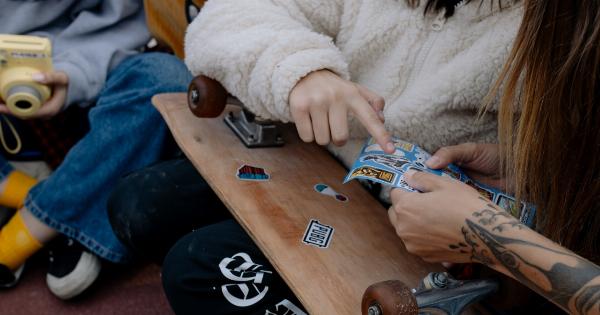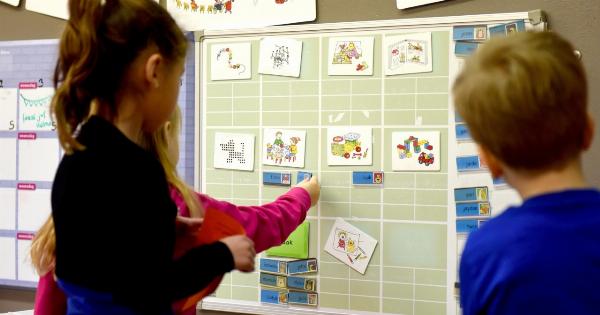Adolescence is the stage of development when a child transitions into adulthood. It is a time when children start interacting more with their peers and develop close friendships.
It is crucial for parents to positively influence their children’s peer associations during this phase of life.
1. Encourage Involvement in Extracurricular Activities
Parents can encourage their children to participate in extracurricular activities like sports, music, or dance. These activities provide children with the opportunity to interact with like-minded peers and create long-lasting friendships.
When children participate in activities they are passionate about, it also boosts their self-esteem and confidence.
2. Establish Positive Relationships with Peers
Parents can set an example for their children by establishing positive relationships with their peers. When children observe their parents interacting with others in a respectful and positive manner, they are more likely to model that behavior.
3. Create an Open Communication Environment
Parents can create an open communication environment by listening to their children’s concerns and fears without judgment. They should encourage their children to express themselves freely and openly.
This will strengthen the parent-child relationship and also help the child develop good communication skills with their peers.
4. Encourage Respectful Behavior towards Others
Parents can encourage respectful behavior towards others by modeling it at home. They should teach their children to respect others’ opinions, beliefs, and cultures.
It is also important to teach children to stand up against bullying and intolerant behavior in their peer groups.
5. Provide Opportunities for Socializing
Parents can provide opportunities for socializing by hosting events or playdates at home, inviting their children’s friends over, and encouraging group outings.
This will help children cultivate healthy social skills and also create a comfortable environment for children to socialize.
6. Talk about Peer Pressure and Its Effects
Parents should openly discuss the topic of peer pressure with their children and teach them how to handle it. They should explain that it’s okay to say “no” to their peers if they feel uncomfortable or pressured.
Parents should also caution their children about the consequences of making choices based solely on peer pressure.
7. Foster Healthy Friendships
Parents should encourage their children to form healthy friendships that focus on mutual respect, support, and empathy.
They should teach their children how to be good friends by modeling healthy relationship skills, providing guidance and support, and encouraging positive interactions.
8. Supervise Social Media Use
Parents should monitor their children’s social media accounts and ensure their online behavior is appropriate and safe. They should also educate their children on how to use social media responsibly and how to handle cyberbullying.
It is important to teach children that online interactions should not replace in-person friendships and relationships.
9. Encourage Volunteering
Volunteering is a great opportunity for children to meet new people and form meaningful friendships while also doing something good for the community. Parents should encourage their children to volunteer and participate in community service activities.
This will help children develop a sense of empathy, understanding, and responsibility towards others.
10. Seek Professional Help If Necessary
If a parent suspects that their child is struggling with peer associations, they should seek professional help.
A therapist can help the child identify the root cause of their social issues and provide them with the necessary tools to develop healthy relationships with their peers.
Conclusion
Parents play a crucial role in positively influencing their children’s peer associations during adolescence.
By encouraging extracurricular activities, fostering healthy friendships, providing social opportunities, and establishing open communication, parents can help their children cultivate healthy social skills and form meaningful connections with others.




